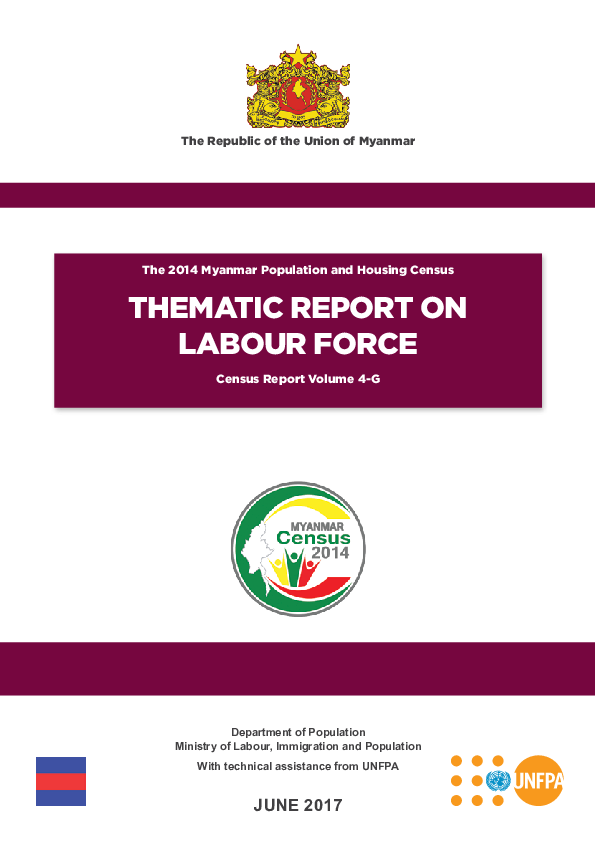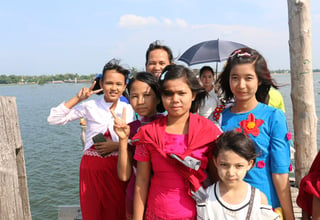NAY PYI TAW, Myanmar — Plans for Myanmar’s 2014 Population and Housing Census were discussed today with lawmakers and members of the National Commission on Population and Development, in a forum organized by UNFPA, the United Nations Population Fund and the Ministry of Immigration and Population.
Earlier this week in the nation’s capital, the United Nations and the Myanmar Government exchanged letters setting out principles for conducting the census in accordance with international standards, and Secretary-General Ban Ki-moon urged international donors to support the effort. UNFPA will provide technical expertise and help to mobilize resources.
A successful census will require “broad and effective partnership” involving various government sectors, parliamentarians, civil society, the private sector and international organizations, U Khin Yi, Chairperson of the National Population and Development Commission, told the forum. It will be the role of the Commission to help facilitate that partnership, he said.
The event was the first gathering of Myanmar’s newly established Parliamentary Committee on Population and Social Development. The Committee Chairperson U Maung Maung Swe said: “Data obtained from the census will be linked to the national planning.” He called on all stakeholders to cooperate in undertaking the 2014 census.
UNFPA Representative Mohamed Abdel-Ahad spoke about the demographic transition Myanmar is going through. Calling for stakeholders’ cooperation, he said the census would be an essential tool for developing responsive policies. He added that “ Censuses generate accurate information on population growth and help to estimate current and future needs, including needs for schools, teachers, hospitals, doctors, nurses and employment opportunities, housing, and social security and safety nets.”
Designing, implementing and monitoring socio-economic development plans call for accurate and up-to-date census data, including information about the population age structure, sex ratios, geographical location, education and employment levels, as well as access to health services, water and sanitation, and other living conditions.
Christophe Lefranc, UNFPA Regional Adviser on Population and Development, highlighted challenges in conducting the 2014 Myanmar census and shared good practices and experiences in conducting population and housing censuses in other countries.
A wide-ranging exchange followed with the members of the National Commission and the Parliamentary Committee. They discussed, among other issues:
- The content of the census questionnaire
- Inclusiveness of the census of all the territories of Myanmar including coverage of remote areas
- The need to mobilize local authorities and constituencies to support the census at state, region, township and lower administrative levels.
- Communications activities using various channels—including the media, local leaders, faith-based organizations and community volunteers—needed to create public awareness about the census.
With Myanmar’s last population census taking place in 1983, the Government has given priority to conducting the 2014 count. Dr. Nyi Nyi, Deputy Director of the Department of Population, noted that preparatory work on the census started in 2011. “Actual enumeration is planned in April 2014; preliminary results will be released before the end of 2014 and more detailed ones in 2015,” he added.
Mr. Abdel-Ahad reiterated UNFPA’s commitment to a successful census and pledged to support both the National Commission and the Parliamentary Committee.
For more information, please contact:
Mr. Mohamed Abdel-Ahad, UNFPA Representative at ahad @ unfpa.org
U Myint Kyaing, Director General, Department of Population,
Ministry of Immigration and Population, Tel. 067 431 062




